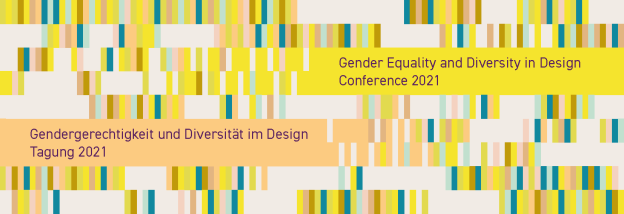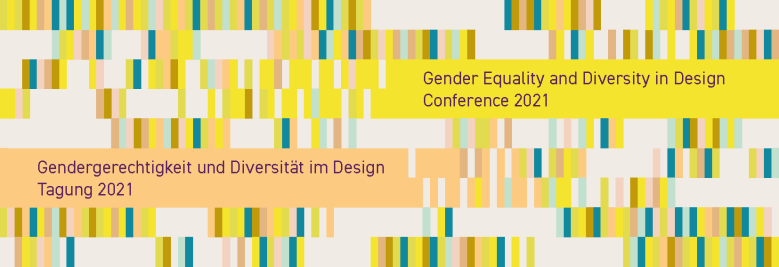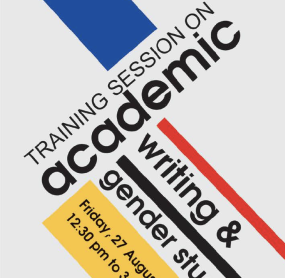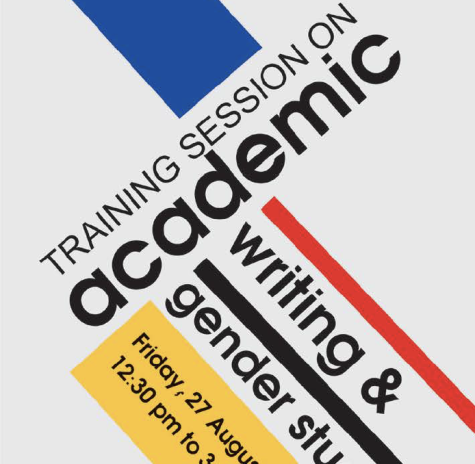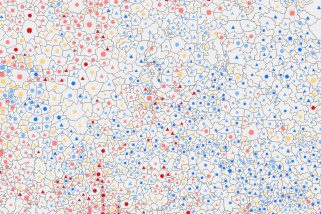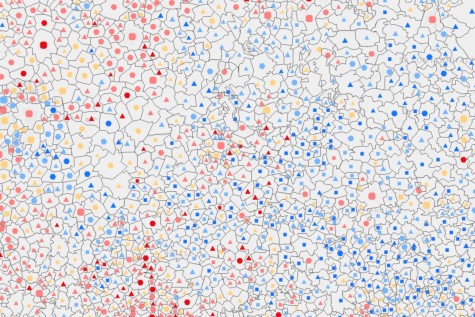-
![]()
![]()
Gender equality and Diversity in Design
2021/10/06
Keynote lecture by Dr. Anshika Suri at the Schader Foundation
Do we need an ethical code in design for gender equity and inclusivity? In Architecture? In the Media? In AI research and robotics? Social sciences?
-
![]()
![]()
UML signed a contract with Springer Nature
2021/10/01
The new edited volume titled “Rethinking Urban Transformations: A New Paradigm for Inclusive Cities” is comming up
Our members, Nebojša Čamprag, Lauren Ugur and Anshika Suri signed a contract with the publisher Springer Nature Switzerland AG for the forthcoming book in the book series Diversity and Inclusion Research
-
![]()
![]()
Interdisiplinary Research and Writing in Architecture
2021/08/27
Webinar by Dr. Anshika Suri
On Friday, August 27th, 2021, Dr. Anshika Suri provided a webinar on academic research in architecture with the example of gender studies for the students of Marathwada Mitra Mandal's College of Architecture in Pune, India. Dr. Suri discussed gender studies as part of research in architecture through the presentation of her PhD work.
-
![]()
![]()
“Urban Transitions and Regeneration– The Politics of Policy-making”
2021/06/20
Habilitation thesis by Nebojša Čamprag published by TUprints
In the focus of this cumulative habilitation thesis is the phenomenon of urban regeneration, perceived as a consequence of socioeconomic and political transitions. The thesis is composed of one book chapter and four peer-reviewed academic papers, written and published in the period between 2014 and 2019.
-
![]()
![]()
Anshika Suri's paper on “Gender Inequality Through The Lens Of Infrastructural Inadequacy” published
2021/03/25
Investigating Gender Inequality through the lens of infrastructural inadequacy: A case study of dar es Salaam and Nairobi
The paper written by Anshika Suri was published 2020 in the book “MORE – Expanding architecture frome a gender-based perspective”. Her work addresses the issue of gender inequality when it comes to accessibility of sanitary infrastructure. Her research claims that there is a need to examine injustice against women through infrastructural inadequacy by analysing the complexities, intricacies, and diversity of embodied and lived experiences of women.
Urban Morphosis Lab
Archive
Archive



